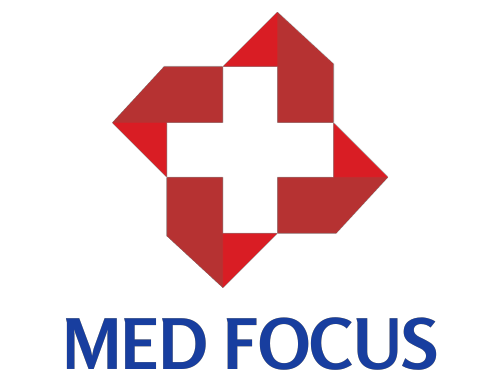Medical school exams can be overwhelming, especially with the sheer amount of material to cover. However, mastering certain high-yield medical conditions can significantly improve your exam performance and clinical readiness. In this blog, we’ll cover five critical medical conditions every student should thoroughly understand before finals. Let’s dive in!
Introduction: Why Understanding Core Medical Conditions Matters
Medical school finals often test your ability to apply theoretical knowledge to real-world scenarios. Some conditions appear repeatedly because of their clinical importance and complexity. By mastering these, you'll be well-prepared for both exams and future practice.
1. Myocardial Infarction (Heart Attack)
Why It's Important:
Myocardial infarction (MI) is a leading cause of death worldwide and a critical condition tested in exams and clinical rotations.
Key Points to Master:
- Pathophysiology: Coronary artery blockage, ischemia, infarction
- Symptoms: Chest pain, radiating to the left arm, dyspnea, sweating
- Diagnosis: ECG changes (ST-elevation), cardiac enzymes (troponin)
- Treatment: MONA (Morphine, Oxygen, Nitrates, Aspirin), reperfusion therapy (PCI or thrombolysis)
2. Diabetes Mellitus (Type 1 & Type 2)
Why It's Important:
Diabetes is a chronic condition with serious long-term complications, making it a commonly tested topic.
Key Points to Master:
- Pathophysiology: Insulin resistance (Type 2) vs. insulin deficiency (Type 1)
- Symptoms: Polyuria, polydipsia, fatigue, blurred vision
- Complications: Diabetic ketoacidosis (DKA), hyperosmolar hyperglycemic state (HHS), neuropathy, nephropathy
- Management: Lifestyle modifications, insulin, oral hypoglycemics, regular monitoring.
3. Pneumonia
Why It's Important:
Pneumonia is one of the most common respiratory infections and frequently appears in exams and clinical case studies.
Key Points to Master:
- Etiology: Bacterial (Streptococcus pneumoniae), viral, or fungal infections
- Symptoms: Cough, fever, chest pain, dyspnea, purulent sputum
- Diagnosis: Chest X-ray, sputum culture, CBC
- Treatment: Antibiotics (based on causative agent), oxygen therapy, supportive care.

4. Stroke (Ischemic & Hemorrhagic)
Why It's Important:
Time is brain—stroke is a true emergency, and understanding its nuances is crucial.
Key Points to Master:
- Types: Ischemic (clot) vs. hemorrhagic (bleeding)
- Symptoms: Facial droop, arm weakness, speech difficulty (FAST)
- Diagnosis: CT scan (rule out hemorrhage), MRI
- Management: Thrombolytics for ischemic stroke (if within 4.5 hours), supportive care, rehabilitation.
5. Chronic Kidney Disease (CKD)
Why It's Important:
CKD is a silent, progressive condition that leads to end-stage renal disease if left untreated.
Key Points to Master:
- Stages: From mild (Stage 1) to end-stage (Stage 5)
- Symptoms: Fatigue, swelling, reduced urine output, hypertension
- Diagnosis: GFR, serum creatinine, BUN, urinalysis
- Management: ACE inhibitors, dialysis, kidney transplant.
Conclusion: Be Exam-Ready with Expert Notes
Mastering these five medical conditions can give you a solid foundation for both exams and clinical practice. Each condition covers essential aspects such as pathophysiology, diagnosis, and treatment strategies — topics frequently tested in finals.
Feeling Overwhelmed?
We’ve got you covered! Our detailed medical notes https://themedfocus.com/ simplify complex topics, ensuring you grasp every key concept effectively. From in-depth explanations to exam-focused quizzes, our platform is designed to help you excel.
FAQs
Q1: How can I study these conditions efficiently before finals?
A: Start by focusing on high-yield topics and using well-organized medical notes. Create a study schedule and practice clinical case scenarios regularly.
Q2: Do you offer study resources for other conditions as well?
A: Absolutely! Our comprehensive notes cover various topics in medicine and in-depth learning.
